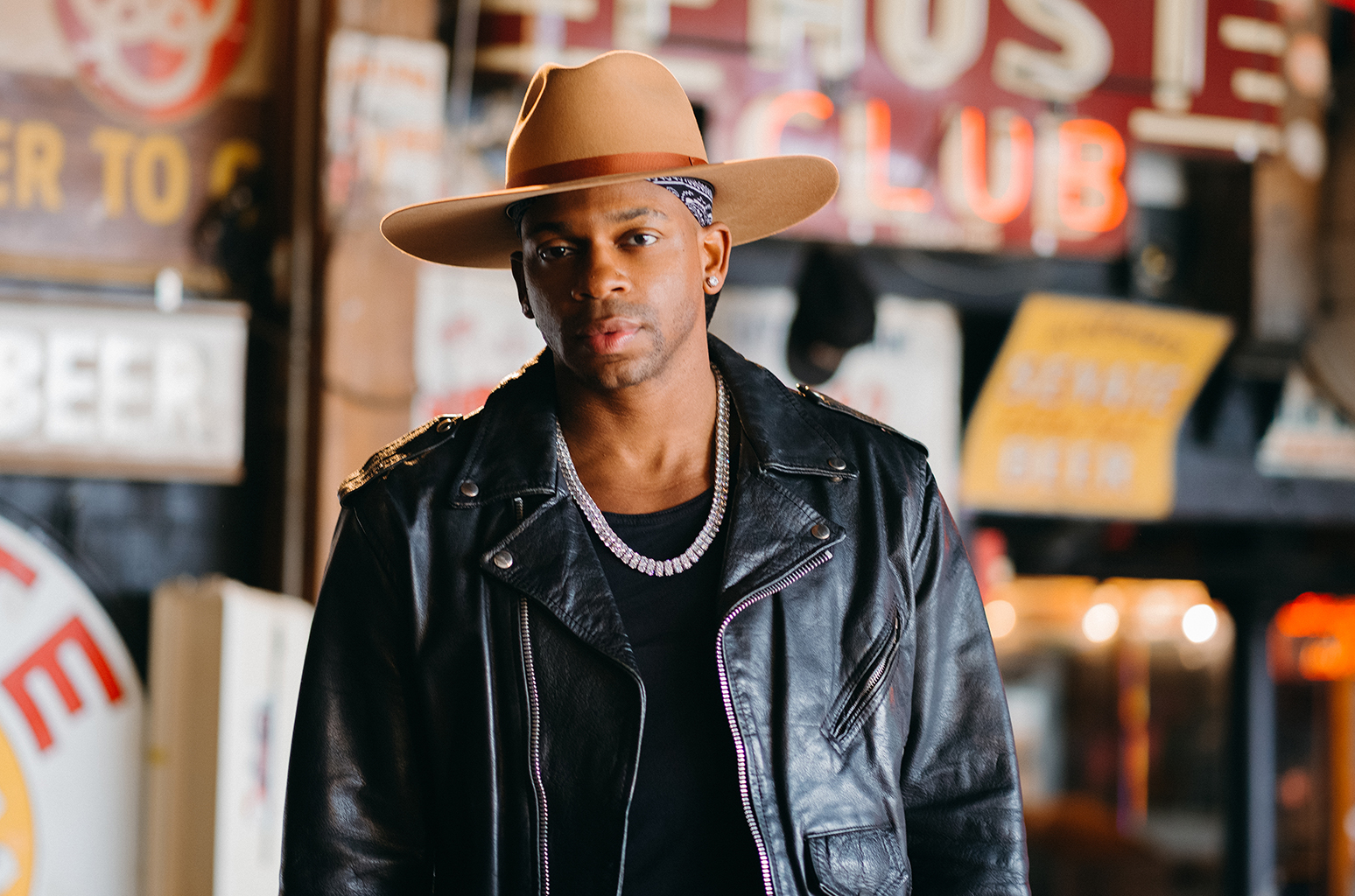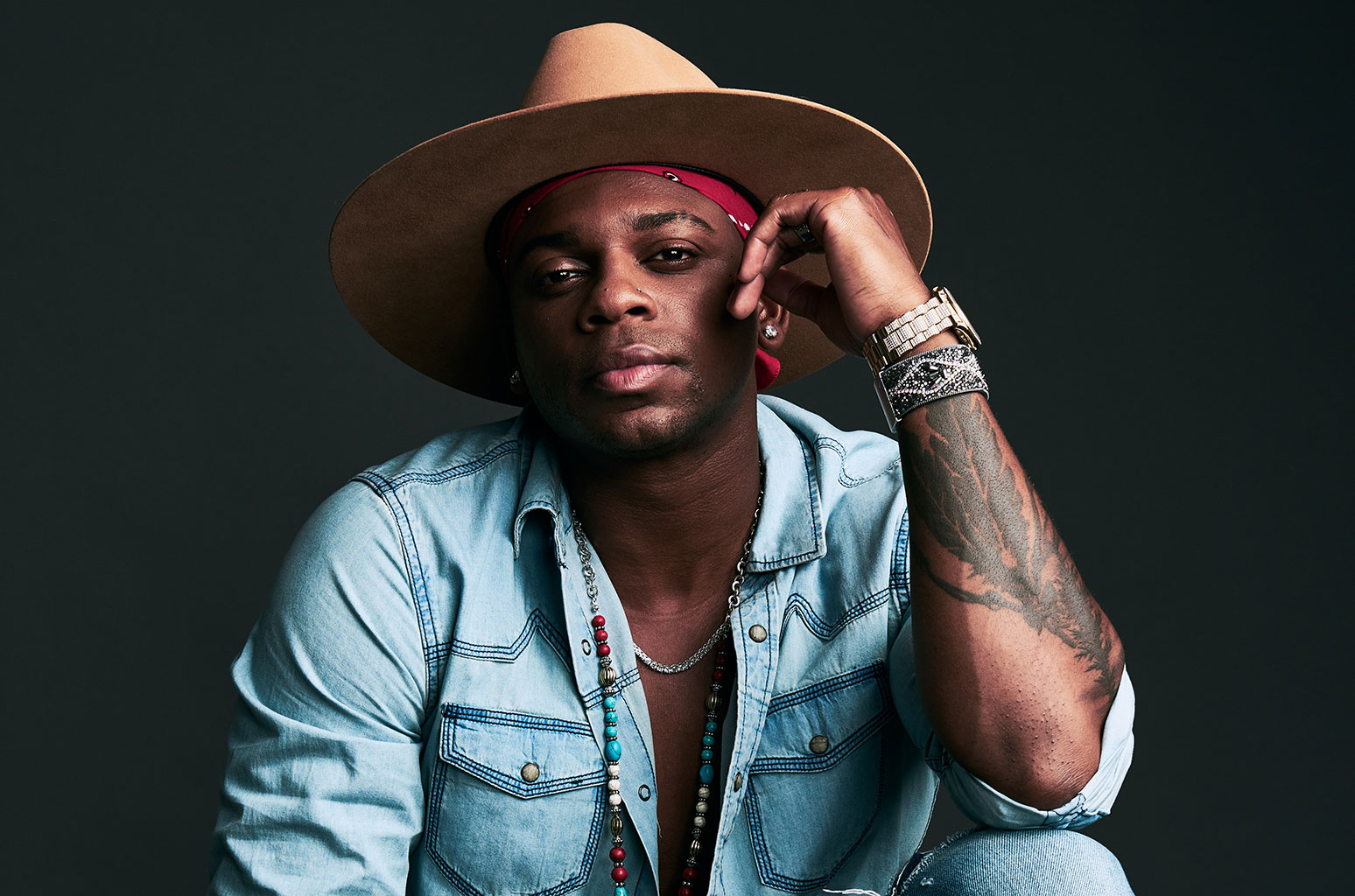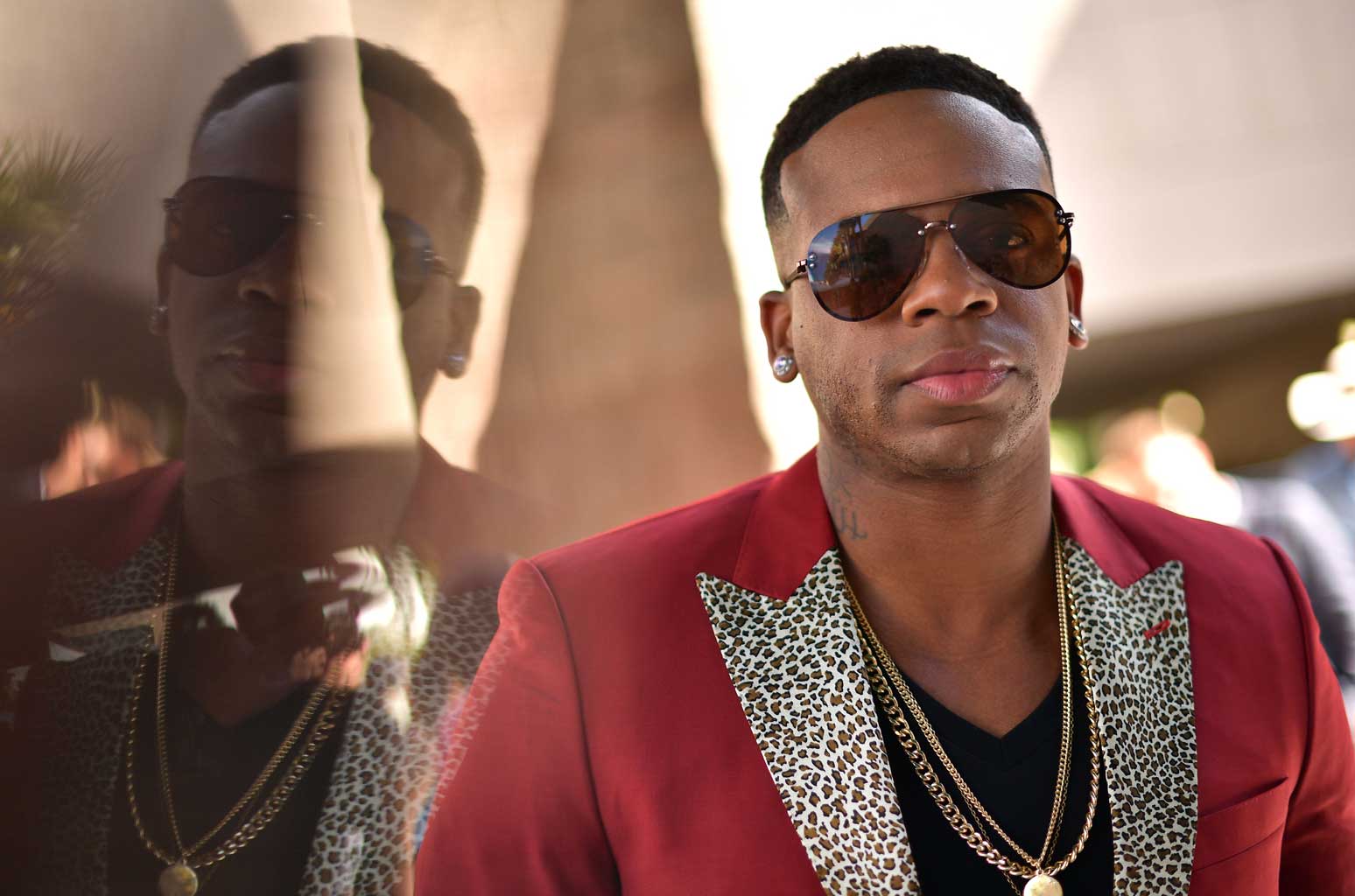Entertainment
Jimmie Allen Liable for Sexual Assault After Disobeying Judge in Accuser’s Lawsuit

Jimmie Allen has been judged liable for sexually assaulting and secretly filming a woman in a Las Vegas hotel room in 2022, accusations the once-rising country star denied but forfeited his right to defend by flouting multiple court-imposed deadlines and orders in the lawsuit.
A Monday (Aug. 18) ruling in Tennessee federal court holds Allen liable by default for battery, assault, invasion of privacy and infliction of emotional distress. The civil claims had been scheduled to go to trial this summer, but a pattern of disobedience by Allen and his lawyers earned them a premature judgment instead.
“The defendants throughout have failed to comply with case management discovery deadlines and even failed to comply with specific orders of this court,” wrote Judge Aleta A. Trauger. “For these reasons, the plaintiff’s motion for sanctions and judgment against defendants Jimmie Allen and Aadyn’s Dad Touring Inc. is granted.”
Aadyn’s Dad Touring is the company that employed Allen’s bodyguard, Charles Hurd, who allegedly helped the singer pursue the anonymous woman at the center of the case. Judge Trauger says the plaintiff’s lawyers can now put in a request for financial damages from both Allen and the touring company.
The case is one of two civil sexual assault lawsuits brought against Allen in 2023, derailing the singer’s promising career after a run of No. 1 hits on Billboard’s Country Airplay chart. He was subsequently dropped by his label, BBR Music Group, as well as his booking agency, publicist and management company.
The first lawsuit accused Allen of sexually harassing and abusing his day-to-day manager over a period of 18 months from 2020 and 2022. Allen denied the claims and countersued his ex-manager for defamation; that case was settled in 2024.
The second lawsuit brought against Allen is the one at issue in Monday’s ruling. That case, filed by a woman going by the pseudonym Jane Doe 2, says she met Allen on a flight to Nashville in May 2022 and began to regularly text and FaceTime with the singer.
Doe claims she met up with Allen in Las Vegas the following July. While the two had consensual sex, the woman says Allen ejaculated inside her without a condom despite her explicit and repeated protests against this.
After Allen allegedly “passed out” following sex, Doe says she discovered that he had surreptitiously set up his cellphone to record the entire encounter without her knowledge.
Allen denied assaulting Doe and said she consented to the video recording, countersuing her as well. But things didn’t go so smoothly for Allen as the litigation progressed, with the singer cycling through various lawyers and blowing past deadlines for producing evidence and sitting for a deposition.
In December, Judge Trauger axed Allen’s counterclaim as a penalty for his failure to produce the cellphone used to record the sexual encounter. And in March, he was ordered to pay nearly $6,000 to Doe’s lawyers for canceling a mediation session at the last minute.
The final straw came earlier this summer when, with the case’s June trial date fast approaching, Allen still hadn’t paid that $6,000 sum or hired a new local Tennessee lawyer to replace yet another attorney who was leaving his team. Doe’s counsel moved for default judgment in May, saying Allen had already been given his fair share of warnings.
“There are no alternative sanctions to judgment that this court has not already attempted — e.g., extensions, discovery orders, the payment of costs, and the replacement of counsel,” wrote Doe’s attorney Elizabeth Fegan. “There is no reason to believe that entering similar orders would magically now result in defendants’ compliance.”
Allen’s lawyers did not respond to the default judgment request, leading Judge Trauger to cancel the trial date and grant Doe’s motion on Monday. In a comment to Billboard, Fegan says, “We are pleased that the court entered judgment in her favor and look forward to proving her damages.”
“Jimmie Allen’s abuse has had a profound impact on Jane Doe 2,” adds Fegan. “The court’s ruling makes clear that Allen cannot simply ignore the serious consequences of his actions.”
Allen’s reps did not return requests for comment.
The news comes as Allen has been attempting to mount a country comeback. On Aug. 6, he released his first new song, “Beer 99,” to the country format since 2023 and quickly followed up on Tuesday (Aug. 12) with “Country Boys Never Learn.”
Allen has also announced a 14-city tour that kicks off Sept. 5 in Dallas and concludes Nov. 29 in Rochester, N.H.
Melinda Newman assisted in preparing this story.
Entertainment
Prince Estate Sued by ‘Purple Rain’ Co-Star: ‘There Is Only One Apollonia’
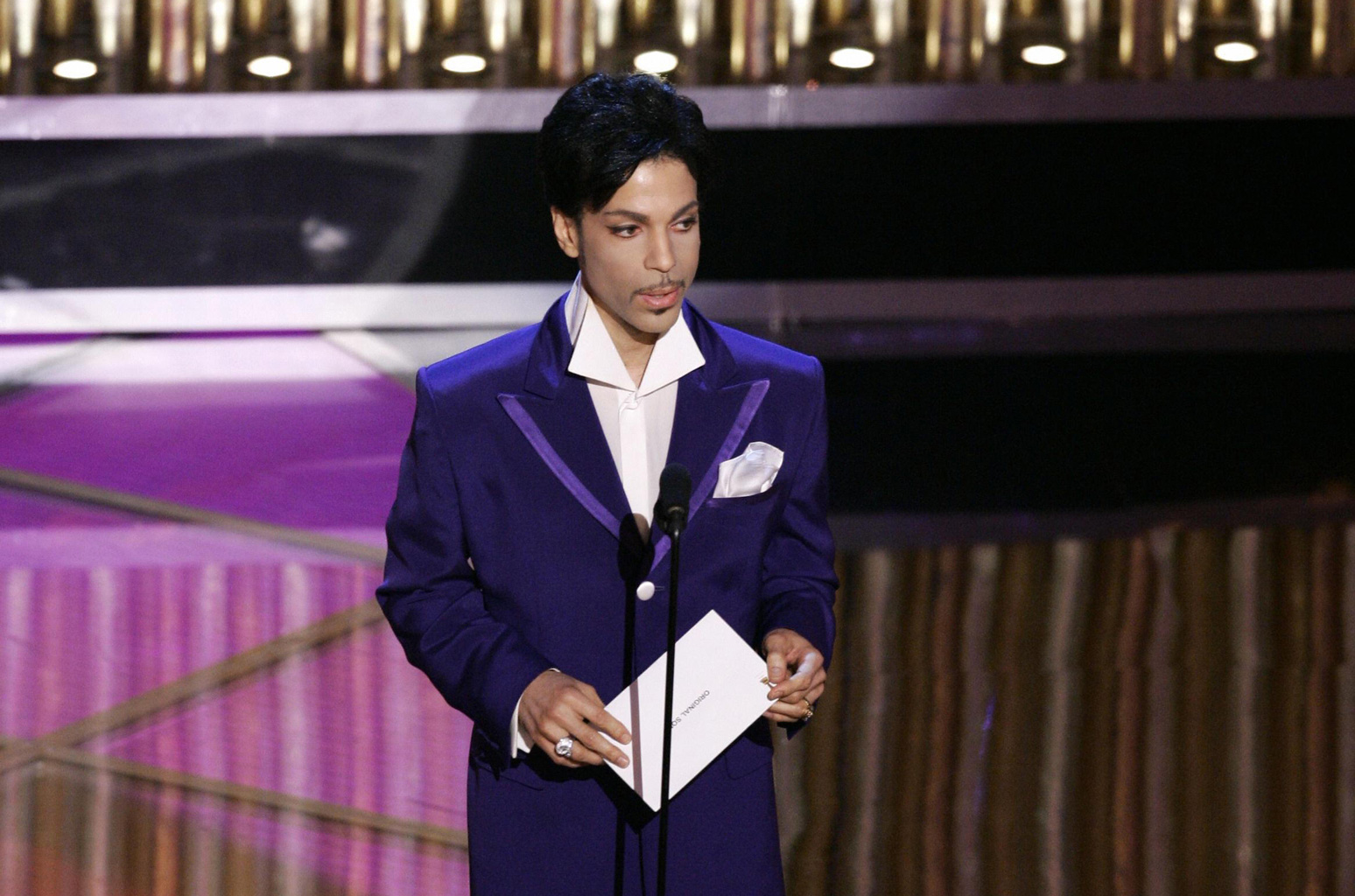
The singer and actress Apollonia, a Prince protegee who co-starred in his 1984 film Purple Rain, alleges in a new lawsuit that the estate of the late pop icon is trying to “steal” her name in bad faith trademark proceedings.
Apollonia (Patty Kotero) brought the claims in a Tuesday (Aug. 19) complaint against Paisley Park Enterprises LLC, one of the entities that has managed Prince’s affairs since his death in 2016. Apollonia rose to fame playing a character of the same name in Purple Rain, and has since used the moniker for music releases, acting credits and a podcast hosting gig.
“All of the goodwill associated with the name and trademark ‘Apollonia’ for the past four decades is attributable to plaintiff,” writes her lawyer, Daniel Cislo, in the complaint. “There is only one Apollonia, and Apollonia is the source of the goods and services provided under this name. Therefore, to protect her brand, Ms. Kotero owns several ‘Apollonia’ trademark applications and registrations.”
According to the lawsuit, Prince never had an issue with Apollonia using this name professionally and even encouraged her to do so. But after the singer’s death, Apollonia says, his estate has been on a mission to “acquire all things related to Prince even though it has no legal right to do so.”
Apollonia alleges that as part of that mission, Prince’s heirs have “embarked on an aggressive campaign” to cancel her trademarks and claim ownership of the name “Apollonia” at the Trademark Trial and Appeal Board (TTAB).
Prince’s estate has allegedly claimed that Apollonia signed over her rights to this name as part of her Purple Rain movie contract in the 1980s. But she argues in Tuesday’s lawsuit that this is legally meritless.
“Even assuming arguendo that Plaintiff signed any agreement decades ago, the statute of limitations for breach of contract expired long ago, and neither Prince nor anyone on his behalf ever requested Apollonia cease using her name or demanded she stop using her name on a personal or professional level,” the lawsuit reads. “Contrary to defendants’ claims before the TTAB, Prince and Apollonia were friends, and he wanted her to be successful as Apollonia.”
Apollonia is now seeking a court declaration that she, not Prince’s heirs, owns this name. She claims the Prince estate’s trademark litigation is threatening “to disrupt not only Apollonia’s livelihood, but also her identity.”
Legal reps for the Prince estate did not immediately return a request for comment on the lawsuit.
Apollonia’s song from Purple Rain, “Sex Shooter,” spent six weeks on the Billboard Hot 100 in 1984. She continued collaborating with Prince after the film, providing vocals on his No. 25 hit “Take Me With U” and co-writing the Bangles hit “Manic Monday” with the High Priest of Pop. She went on to appear in the soap opera series Falcon Crest and release the self-titled album Apollonia via Warner Bros. in 1988.
Entertainment
Insomniac Sues Miami Club Operators for Trying to ‘Bully’ Their Way Into Control of Factory Town Venue
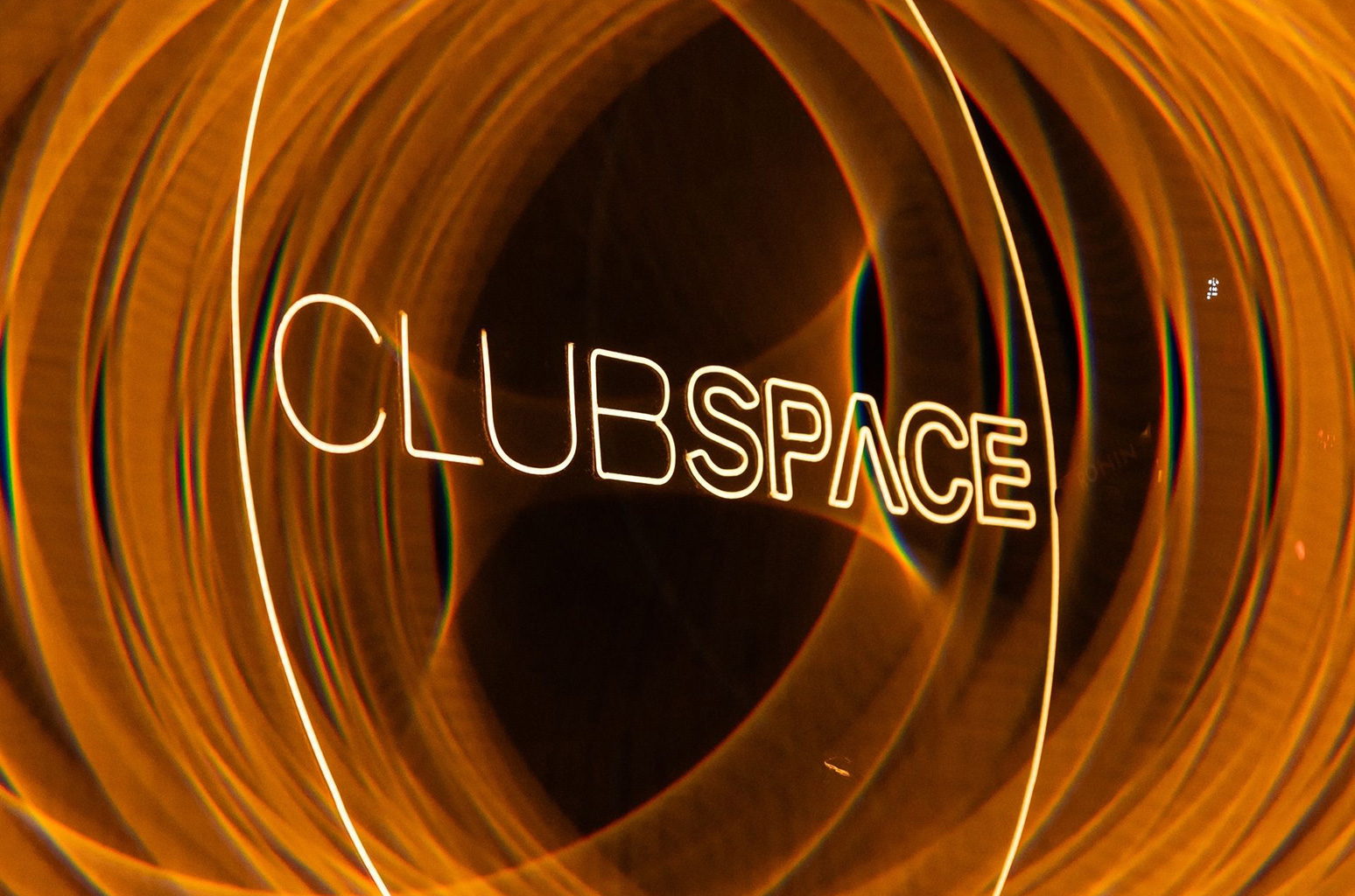
Global dance music production company Insomniac Events claims in a bombshell new lawsuit that a trio of Miami club operators is trying to “bully” its way into total control of two of the city’s dance venues — including by threatening to launch a “smear campaign” against Insomniac CEO Pasquale Rotella.
The lawsuit, filed Aug. 4 in Florida federal court, targets promoters David Sinopoli, Davide L. Danese and Jose Gabriel Coloma Cano. The three men, referred to in the lawsuit as “CDD,” are longstanding figures in Miami nightlife who assumed control of the city’s famed Club Space in 2016. They are also half of a now-soured partnership with Insomniac for the joint operation of the Club Space venue and upstart club Factory Town. At the heart of the lawsuit are allegations that the trio failed to meet agreed-upon obligations regarding the operation of Factory Town — claims the trio refutes.
“This is not a case of how David stood against Goliath. Rather, it is a case about how no good deed goes unpunished,” Insomniac’s lawyers wrote in the legal complaint. “Insomniac invested in and elevated the enterprise of three relatively unknown event promoters, and, after making millions of dollars, those three promoters simply got too big for their britches.”
But speaking to Billboard on Tuesday (Aug. 19), a person with an interest in Club Space says it’s actually Insomniac that soured the partnership, by changing the terms of the Factory Town deal. CDD is now preparing a counter-lawsuit against Insomniac, this person says.
“Insomniac is not acting like a partner that you can do business with,” this person continues. “The things that they are doing at this business don’t make sense for anyone other than Insomniac. CDD are good stewards of capital, and they don’t want to do things that are going to harm Club Space. And it seems like Insomniac is prioritizing itself over Space, over basically everything.”
Insomniac’s lawsuit alleges that before the company got involved in Club Space in 2019, CDD was “cruising in mediocrity” and operating the legendary Miami venue “on a whim without so much as an ownership interest in the very name and brand that the business relied upon for its success.”
Insomniac, a company in which Live Nation has a 50% ownership stake, says it rescued CDD by buying a majority stake in Club Space in 2019, licensing these important IP rights and negotiating a long-term lease with the venue’s landlord. Club Space’s revenue increased by 700% over the next six years, according to the lawsuit.
In the wake of this success, Insomniac and CDD decided to work together on a second Miami venue: Factory Town. That’s when the trouble allegedly began. Insomniac says it committed $40 million in funding to the Factory Town project, only for CDD to back out in 2024 and start making “outrageous demands” for millions of dollars and increased ownership percentages. (The person with an interest in Club Space refutes these claims, saying that Insomniac attempted to go behind the back of CDD and independently negotiate a long-term lease with the Factory Town landlord.)
“Tellingly, the CDD parties did not raise any credible misconduct or violations of contract, common law or statute as the basis for their demands,” reads the complaint. “Instead, CDD threatened to file a lawsuit containing a thirty-page smear campaign against Insomniac’s CEO and founder — Pasquale Rotella — along with a pre-planned press campaign to go with it.”
Insomniac and CDD took their contract dispute to private mediation, which also quickly soured, according to the lawsuit. Insomniac alleges that CDD then falsely started telling industry players — such as a “reputable promoter” in Ibiza — that they had “won their lawsuit against Insomniac” and now had exclusive control over Factory Town.
According to the lawsuit, CDD is now trying to wrest control of two upcoming Miami events — the Halloween party Hocus Pocus and programming during Art Basel Miami in early December — from Insomniac. The company says it has the contractual right to spearhead these events, but CDD has been selling tickets and making offers to talent without its approval.
“What has become evidently clear is that CDD’s intentions throughout the dispute were never to find a resolution,” write Insomniac’s lawyers. “Instead, CDD has been working to bully Insomniac and push it out of the parties’ partnership.”
Insomniac’s exact legal claims against CDD are redacted, as is much of the publicly filed complaint. But the company says it’s bringing the lawsuit to protect its operations at Club Space and Factory Town and get recourse for “millions of dollars in damages and irreparable harm to its business.”
Entertainment
Live Nation CEO Talks New 6,000-Seat Salt Lake City Venue During Presser: ‘A Rare Opportunity’
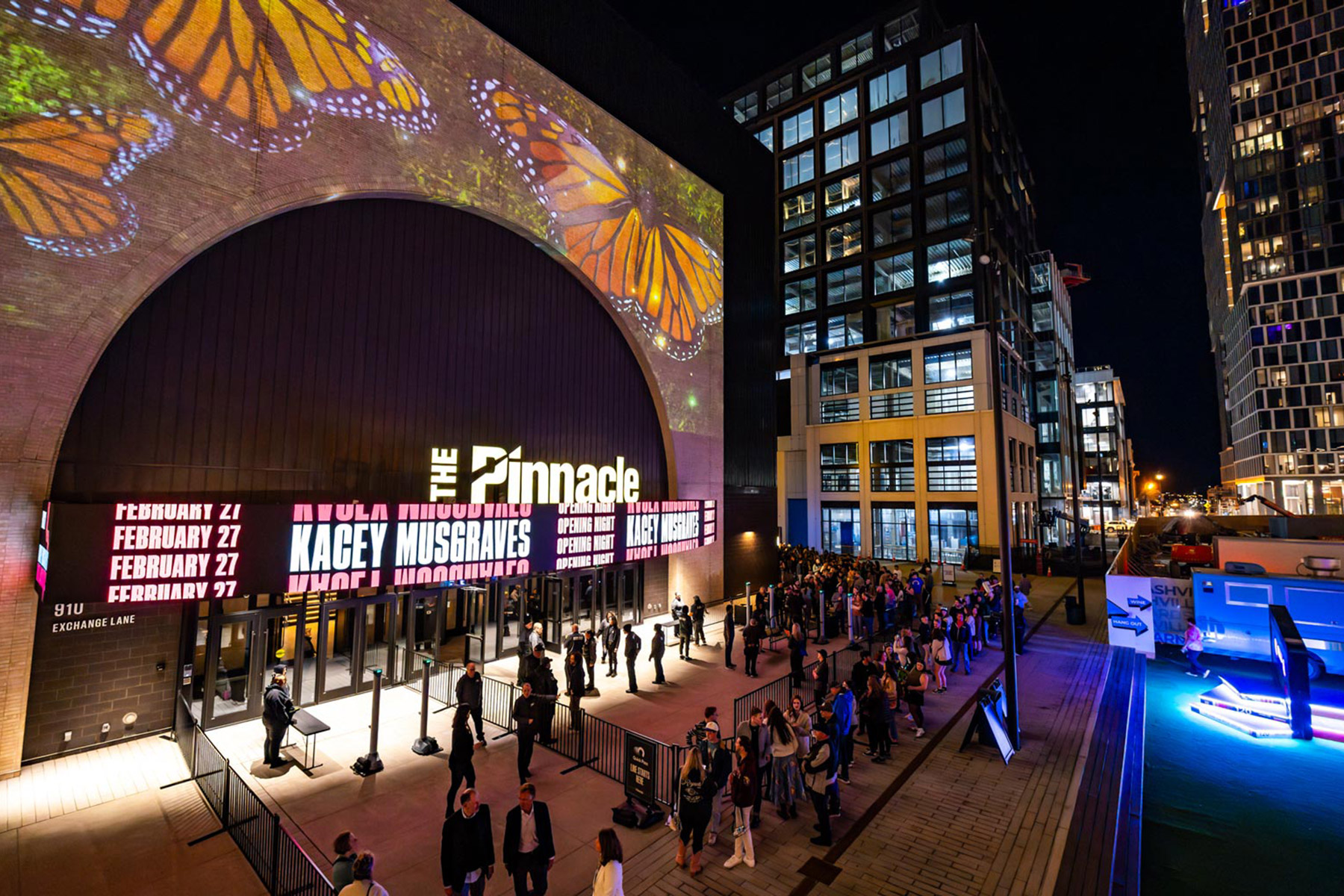
“Six thousand seats is the sweet spot for Live Nation right now,” company CEO Michael Rapino said during a press conference in Salt Lake City on Tuesday (Aug. 19) to unveil one of the company’s newest venues, a 6,000-seat concert hall being constructed in partnership with Smith Entertainment Group.
Live Nation is currently on a building spree, developing more than a dozen mid-sized venues across the country as it looks to create new opportunities for artists like Bailey Zimmerman and Goose to connect with fans. Many of the venues, like the downtown Salt Lake City concert hall detailed during the press conference, will anchor mixed-use developments and host an average of 200 events annually, including an estimated 100 concerts, Rapino explained.
The new venue is part of a larger effort to expand Live Nation’s presence in sports districts across North America including MGM Music Hall at Boston’s Fenway Park, Citizens at The Wylie in Pittsburgh, a new concert venue in downtown Indianapolis being built with Boxcar Development and the new Centennial Yards project in downtown Atlanta near Mercedes Benz Stadium, home of the Atlanta Falcons.
The Salt Lake City project is meant to capitalize on the traffic from both the Utah Jazz and Salt Lake’s new National Hockey League franchise, the Utah Mammoth. The Mammoth are set to open their second season in October and draw 1 million people downtown, where the new venue will sit at the heart of the city’s planned Sports, Entertainment, Culture and Convention Center District.
The two companies didn’t specify how much the venue would cost to build or how long it would take, although Ryan Smith, chairman/CEO of Smith Entertainment Group — which manages the Delta Center, the 20,000-capacity home to the Jazz — did note that the two companies were sharing the project’s costs via what he described as a joint venture.
Rapino said Live Nation wouldn’t likely have built a venue in Salt Lake City without a partner like Smith Entertainment Group, noting, “We would fly over Salt Lake. It wouldn’t be a market we would play, so this can open a great opportunity and we’re thrilled to be part of it.”
“When you’re building 6,000 [capacity venues], it’s a little riskier,” Rapino says. “If you’re in a suburb or the middle of nowhere — because you’re debating what part of the city will drive to that show — it makes it a little harder. That’s where we end up maybe doing 3,000 or 4,000 [capacity], but when you can be in the center of a downtown where you know the nucleus will be, it just opens up rare real estate. So other than Fenway — and probably we’ve got 40 of these on the on the docket that we are exploring — they’re all more mixed use outside of the downtown. So this is a rare opportunity.”
-

 Entertainment5 months ago
Entertainment5 months agoNew Kid and Family Movies in 2025: Calendar of Release Dates (Updating)
-
Tech5 months ago
The best sexting apps in 2025
-

 Tech6 months ago
Tech6 months agoEvery potential TikTok buyer we know about
-
Tech6 months ago
iOS 18.4 developer beta released — heres what you can expect
-

 Politics6 months ago
Politics6 months agoDOGE-ing toward the best Department of Defense ever
-

 Tech6 months ago
Tech6 months agoAre You an RSSMasher?
-

 Entertainment2 months ago
Entertainment2 months agoBrooklyn Mirage Has Been Quietly Co-Managed by Hedge Fund Manager Axar Capital Amid Reopening Drama
-

 Politics6 months ago
Politics6 months agoToxic RINO Susan Collins Is a “NO” on Kash Patel, Trashes Him Ahead of Confirmation Vote



